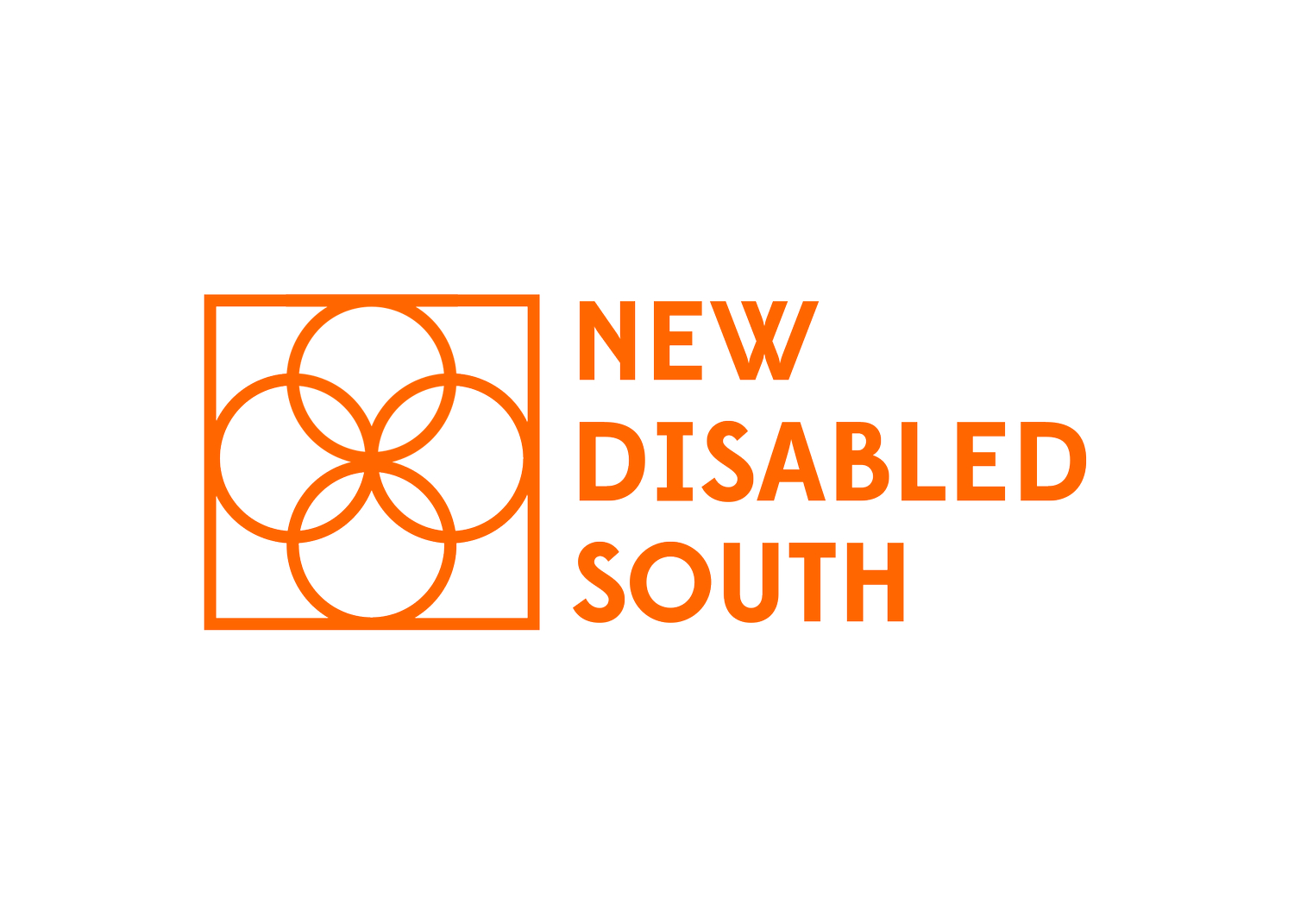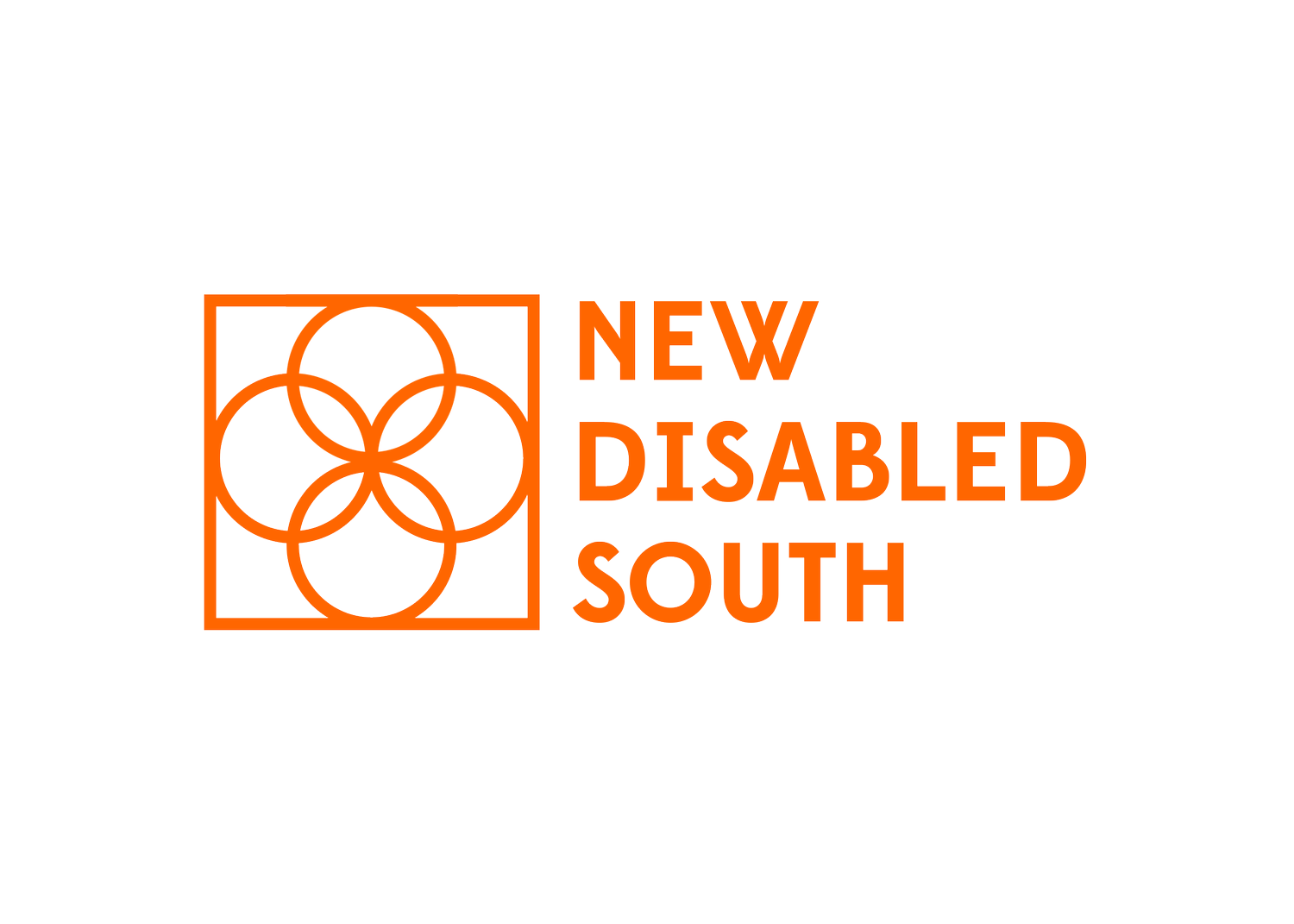Accessible Voting in the South
Plain Language Policy Fact Sheet
What do we need?
Voting must be accessible for people with all types of disabilities.
The Americans with Disabilities Act (ADA) is a law. It says voting must be accessible for all disabled people across the United States. Voting policies and practices need to follow the ADA.
What is the current situation?
Data about disabled voters and what they want is not being collected or considered in policy making.
Many disabled voters are still not able to vote in their states.
20% of all disabled voters faced barriers to in-person voting in 2022. 6% of disabled voters faced barriers to mail-in voting.
As of 2016, only 17% of polling places in the United States were accessible.
1.5 million people in the United States could be forced into a legal guardianship. Legal guardianship means that someone else gets to make decisions for the disabled person. State judges can take away voting rights for people with guardianship.
What are the facts?
Only half of the states in the South have curbside voting. Curbside voting allows disabled people to vote outside the voting location instead of going inside to vote.
States that do have curbside voting:
South Carolina
Virginia
West Virginia
Mississippi
North Carolina
Oklahoma
Texas
There have been many attacks on voting in the South.
In 2023-2024, many states passed bills that create more barriers for disabled voters.
Example:
In 2024, Alabama has a new law which would make it impossible for disabled voters to get help with absentee ballots from personal care assistants and other paid services.
Absentee ballots are paper forms that have people and/or issues that people vote for on Election Day. Voters use this to vote by mail in states with absentee voting.
Personal care assistants are care workers that help a disabled person with daily life activities like bathing, cleaning, cooking, dressing and more.
What needs to be done?
People who collect data about voting need to include disabled people.
Disabled people in every state need:
Accessible voter registration and education
Options to vote by mail
Accessible polling locations, including curbside voting
Disabled people are a powerful voting bloc.
States must protect the voting rights of disabled people.

